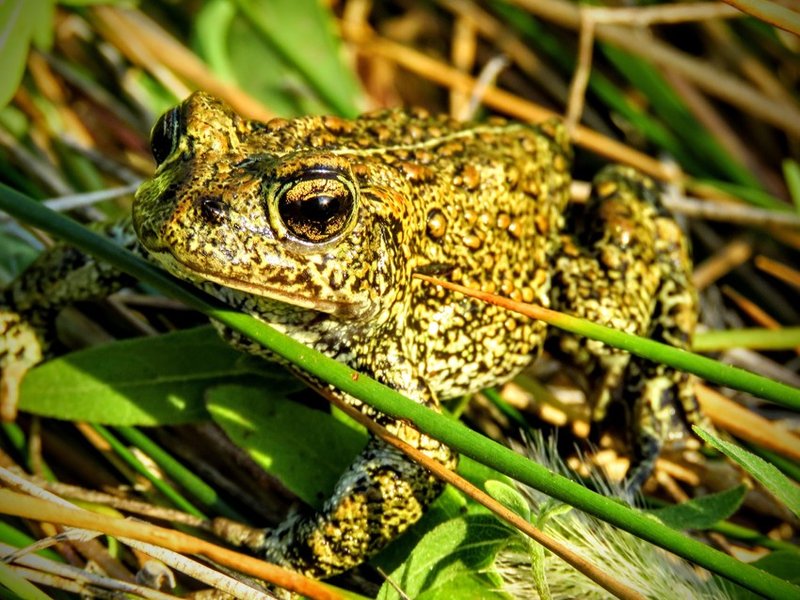For Immediate Release, February 22, 2022
|
Contact: |
Patrick Donnelly, (702) 483-0449, pdonnelly@biologicaldiversity.org |
Agreement Sets Swift Deadline for Decision on Dixie Valley Toad Protections
Geothermal Plant Threatening Nevada Amphibian Broke Ground Last Week
RENO, Nev.— The Center for Biological Diversity and U.S. Fish and Wildlife Service reached an agreement today requiring the agency to decide by April 4 whether Nevada’s rare Dixie Valley toad warrants protection under the Endangered Species Act.
The Dixie Valley toad is under acute threat from a geothermal power plant being built at its only home at Dixie Meadows, a hot spring-fed wetland in Churchill County, Nevada. Government scientists and independent hydrologists believe the power plant could dry up the hot springs and cause the toad to go extinct. Plant construction started last week.
“Dixie Valley toads are facing extinction if this plant is built, and federal protections are these animals’ only hope,” said Patrick Donnelly, Great Basin director at the Center. “Bulldozers are already destroying the toad’s habitat and preparing for a massive groundwater pumping operation that could dry up the only wetland where it lives.”
The Center has been fighting for the Dixie Valley toad for five years. In 2017 the Center submitted an Endangered Species Act petition to the Service to protect the toad, in light of the geothermal development plan. In 2018 the Service found that the petition presented substantial evidence that an endangered species listing may be warranted.
In 2021, under unusual circumstances, the Bureau of Land Management rammed through approvals for the geothermal project. The Center then joined the Fallon Paiute-Shoshone Tribe to sue the BLM and received a preliminary injunction halting construction before it started.
But the 9th Circuit Court of Appeals stayed the injunction pending an appeal in early February, and construction on the project has begun. The appeal is currently pending before the 9th Circuit.
“We’re thrilled that the Dixie Valley toad is being put on the fast-track for protection,” said Donnelly. “The Bureau of Land Management failed to safeguard this rare toad’s habitat, so we’re counting on the Endangered Species Act to stop the destruction. These protections are the toad’s last, best chance to avoid extinction.”
The Dixie Valley toad is one of more than 200 species of plants and animals that live in Nevada and nowhere else in the world. Dozens of these native species are threatened with extinction.
Threats to the Dixie Valley toad are part of a global extinction crisis. Scientists predict that more than 1 million species face extinction in coming decades.
“Biodiversity is what gives us clean air, clean drinking water and puts food on our table,” said Donnelly. “We can stop the extinction crisis, right here in Nevada, by protecting species like the Dixie Valley toad.”

The Center for Biological Diversity is a national, nonprofit conservation organization with more than 1.7 million members and online activists dedicated to the protection of endangered species and wild places.

